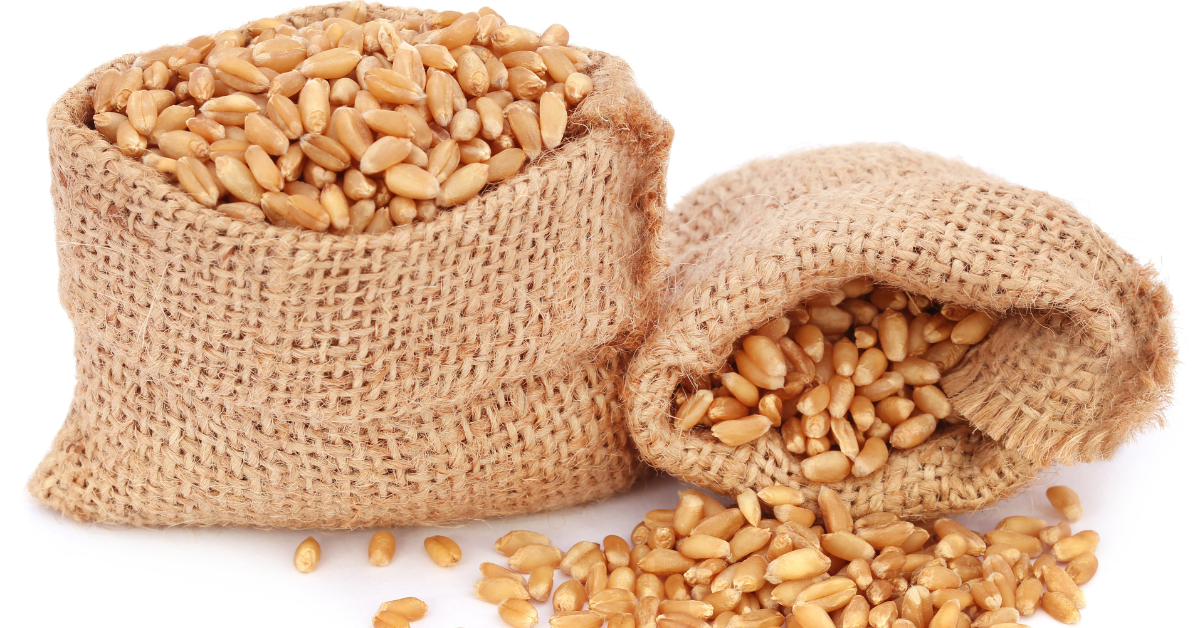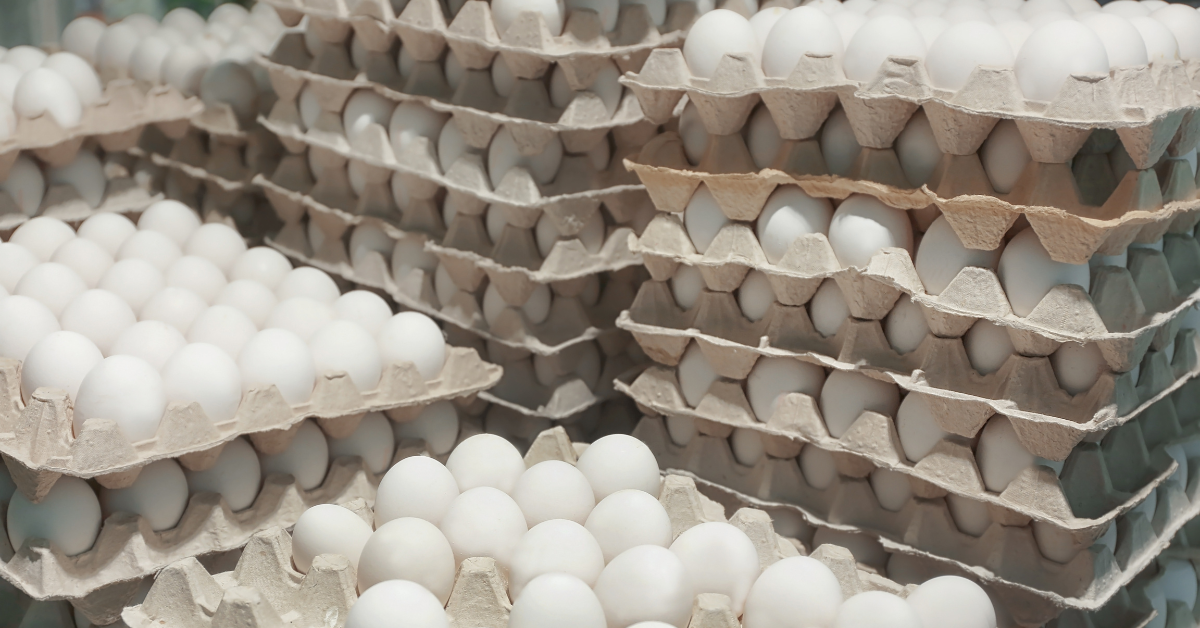Folks, let's be straight here: knowing how to store pasta long term is not just handy, it's a necessity. Pasta is a staple in most homes, a comforting, versatile meal that can be paired with almost anything. But here's the thing, pasta doesn't last forever if it's not stored correctly. And in a situation where you're planning for the long haul - maybe for an emergency, for a potential food shortage, or even just to limit your shopping trips - you want to make sure your pasta can stand the test of time.
Importance of Learning How to Store Pasta Long Term

Knowing how to store pasta for the long term isn't just about extending the life of your favorite meal. It's also about safety and security. When stored improperly, pasta can attract pests or become spoiled. And nobody wants a pantry full of weevils or moldy noodles, right? By learning proper storage techniques, you're ensuring that your food supply is safe, secure, and ready when you need it. Because having a reliable source of food means having peace of mind.
The Surprising Longevity of Dry Pasta
So, here's the truth. Dry pasta is like that sturdy, reliable truck you've had for ages. It's not fancy, but it lasts. Pasta is one of the best foods for long-term storage. In fact, dry pasta can keep for over 10 years if you store it right. That's a lot of spaghetti dinners!
Different Pastas, Different Shelf Lives
But remember, all pasta is not created equal. Egg pasta, gluten-free pasta, and those fancy flavored pastas might have a shorter shelf life. Their ingredients can make them spoil faster. You need to keep an eye on these special types to make sure they're still good to eat.
In pasta storage, the number one enemy is moisture. It seeps into your pasta and spoils it. You can fight it off with proper storage.
Pasta Storage Methods and Recommendations
Are you a fan of stocking up on pasta? Do you like to have enough spaghetti to last through a siege? Then food-grade buckets are your new best friend. These sturdy containers offer the best in pasta protection and are perfect for bulk buying.
Here's the rundown on using food-grade buckets for pasta storage:
-
Cleanliness Comes First: Start by cleaning the bucket. Make sure it's spick-and-span, free from dust or any other residue. A good rinse and air-dry should do the trick.
-
Line it Right: Once your bucket is ready, line it with a mylar bag. This bag adds an extra barrier between your pasta and the outside world. It's like a fortress for your food.
-
The Pasta Parade: Now comes the fun part - fill the bag with pasta. You can put in as much as the bag can hold, but don't overfill it. Remember, you need some space at the top to seal it properly.
-
Add the Magic Ingredient: Next, drop in some oxygen absorbers. These little wonders will suck up any extra oxygen inside the bag. This is key to extending the shelf life of your pasta and keeping it fresh.
-
Seal the Deal: Once you've added the pasta and the oxygen absorbers, it's time to seal the bag. Make sure it's airtight. This step keeps moisture, air, and pests out, ensuring your pasta stays safe and secure.
Trusty Airtight Containers for Shorter-Term Pasta Storage
Looking for something more compact? A simple mason jar can hold your pasta safe and sound for up to three years. That's a lot of secure pasta dinners in one handy jar.
Remember, each storage option has its strengths. Whether you go with food-grade buckets for bulk storage or airtight containers for smaller amounts, your pasta will stay safe and ready to cook whenever you need it. That's the beauty of smart, self-reliant storage for your long-term survival food.
Vacuum Sealing, Mylar Bags, and Ziplock Bags for Pasta Storage
But the world of storage doesn't end there. Vacuum sealing, mylar bags with oxygen absorbers, and even ziplock bags can do the trick. Remember, the goal is to keep out moisture and air to keep your pasta fresh as long as possible. Different tools, same purpose. That's the name of the game here.
Always remember, folks, when it comes to pasta storage, the method you choose will help determine how long your pasta stays ready and good to eat. Choose wisely, and your pasta will take care of you when you need it.
Best Practices for Storing Pasta Long Term

Here's a little secret. The original pasta packaging is like a house with the door left open. It's not airtight. So, if you want your pasta to last long, you've got to pack it up tight. Think of it like building a fort for your pasta. And in this fort, you have several trusty soldiers.
First, you've got your food-grade buckets with gasket lids. They're like the high walls of your fort, protecting your pasta from air and moisture. Then you've got your vacuum sealing. That's like your moat, adding an extra layer of protection. Lastly, you have your Mylar bags and oxygen absorbers. These are your castle guards, keeping the air out and extending the life of your pasta.
Battling Pests
Now, we've got one more enemy to talk about: pests. Mice love pasta as much as you do. And they can sneak into your pasta fort if you're not careful. By storing your pasta in Mylar bags inside food-grade buckets with lids, you're setting up a powerful defense against these tiny invaders.
Ideal Pasta Storage Conditions
And finally, where you place your pasta fort matters. Keep it cool and away from heat sources. This is like picking the high ground for your fort. It makes it harder for our enemies, heat and moisture, to attack.
Complete Your Preparedness Plan with Professional Storage
While storing pasta long-term can be a great step towards self-sufficiency, it's just one piece of the puzzle. You’ll need to consider how to store sugar and other essentials.Where would you be in an emergency without long-term coffee storage? There’s a lot to think about when coming up with plans for prepping food. Professional long-term food storage can round out your plan, filling in any gaps and ensuring you have a full range of nutritious options available.
[product_render product-handle="72-hour-emergency-food-kit"]
Remember, the best preparedness plan doesn't rely on one single food or method. Instead, it brings together a variety of foods and storage methods to create a comprehensive solution. By integrating your home-stored pasta with professionally stored meals from Valley Food Storage, you'll have a balanced, reliable food supply to draw from in any situation.
Final Thoughts on Long Term Pasta Storage
Congratulations! You've taken a big step towards food security and self-reliance by learning how to store pasta long-term. You've understood the crucial factors like the influence of moisture, the importance of airtight storage containers, and how oxygen absorbers can significantly extend the life of your stored pasta. You've also seen how different pasta types require different considerations.
But perhaps the most important point we've discussed is that storing pasta is just a piece of a larger, more comprehensive preparedness plan. By storing pasta and other foods effectively, you're taking control of your food supply and embracing the core values of independence and self-reliance.
At Valley Food Storage, we're committed to helping you on this journey. Our products and services are designed with these goals in mind, ensuring that you can confidently face whatever the future brings. After all, preparation isn't just about surviving — it's about thriving.




